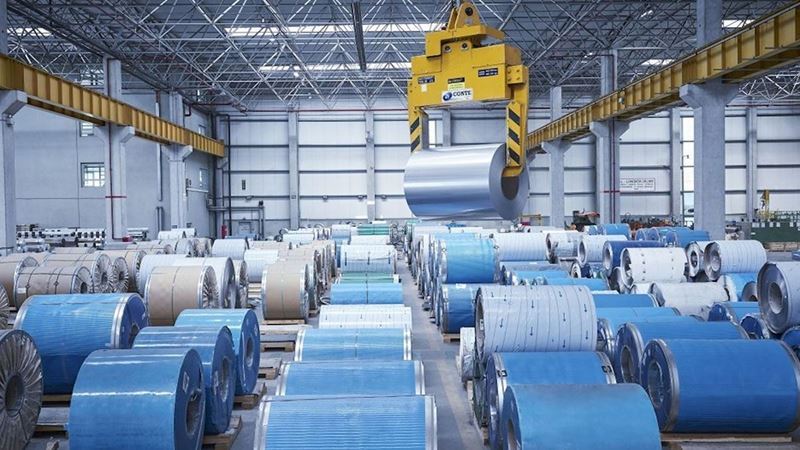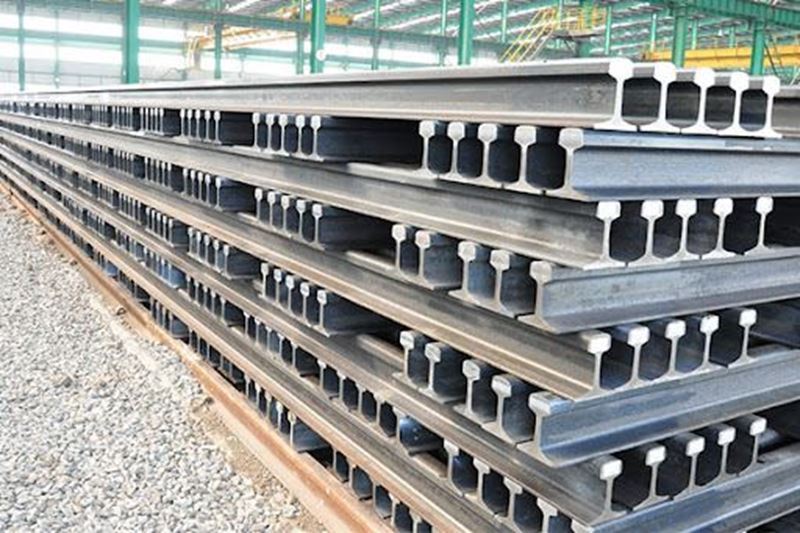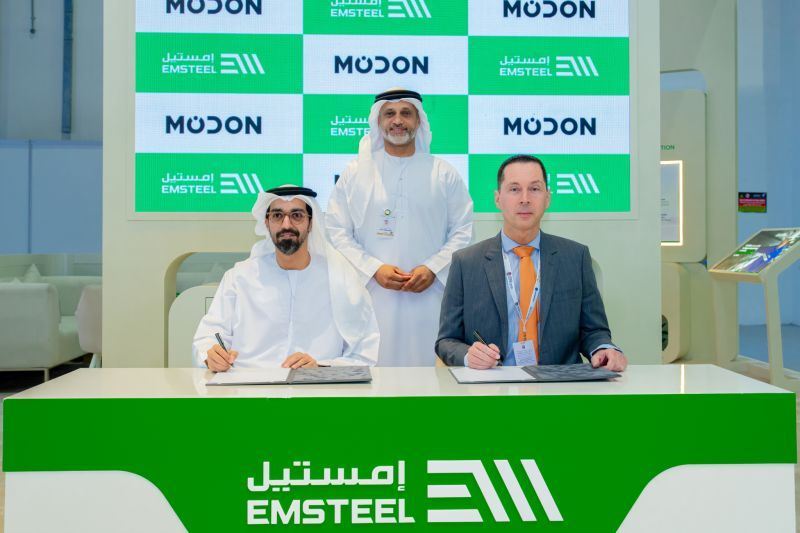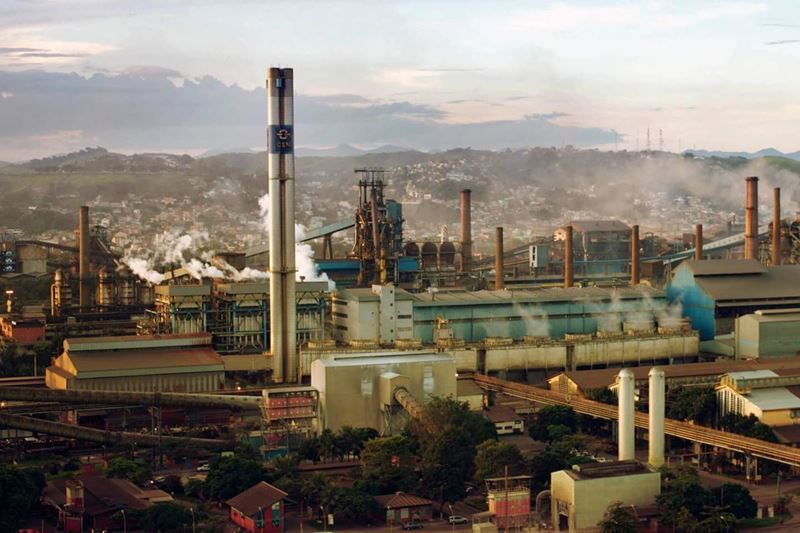The letter emphasized the need to maintain steel tariffs during ongoing negotiations on reciprocal tariffs.
The American Iron and Steel Institute (AISI), the Steel Manufacturers Association (SMA), Committee on Pipe & Tube Imports (CPTI), the Specialty Steel Industry of North America (SSINA), and the American Institute of Steel Construction (AISC) applauded the decisive step of raising tariffs to 50%. However, while negotiations continue, it was requested that no special exemptions be granted to foreign countries that would reduce or completely eliminate the scope of Section 232 tariffs on steel.
The letter noted that challenging conditions persist in the global steel market, with the industry's capacity utilization failing to reach the 80% target outlined in the Department of Commerce's 2018 Section 232 report. It also emphasized that foreign government subsidies and unfair trade practices are contributing to excessive steel production worldwide.
On the other hand, it was noted that many trading partners negotiated for exemption from the US Section 232 steel tariffs instead of resolving the global capacity surplus crisis in their own markets. Reports were included that countries such as Japan, Korea, Vietnam, and Indonesia requested exemptions in this context.
The letter reminded that the purpose of reciprocal tariffs and negotiations is to reduce the US trade deficit with other countries and provide broader market access for US products, and stated that there is no reason to exclude steel tariffs from the negotiations in this process.
Industry representatives emphasized that Section 232 steel tariffs are of critical importance to the national and economic security of the United States, stressing the importance of maintaining the program's effectiveness.










Comments
No comment yet.